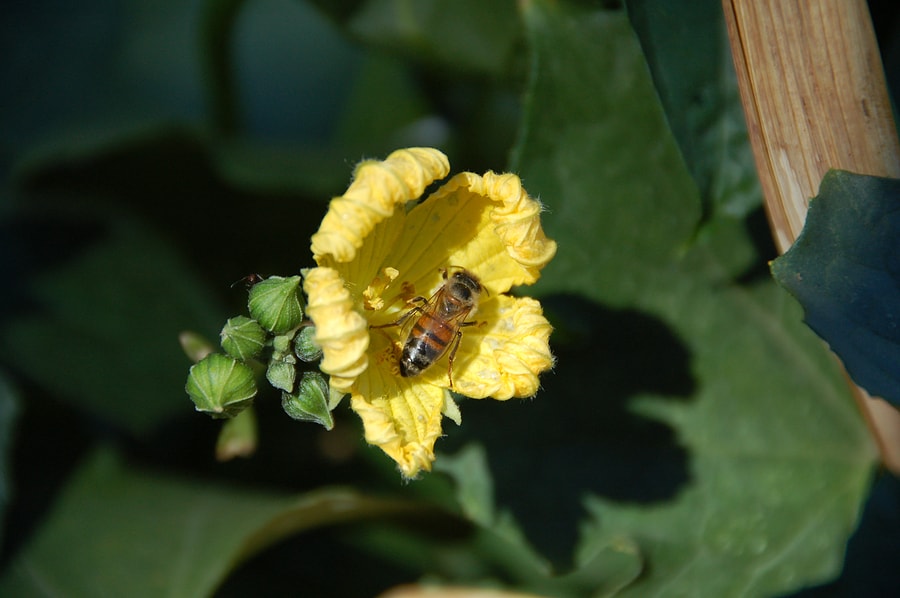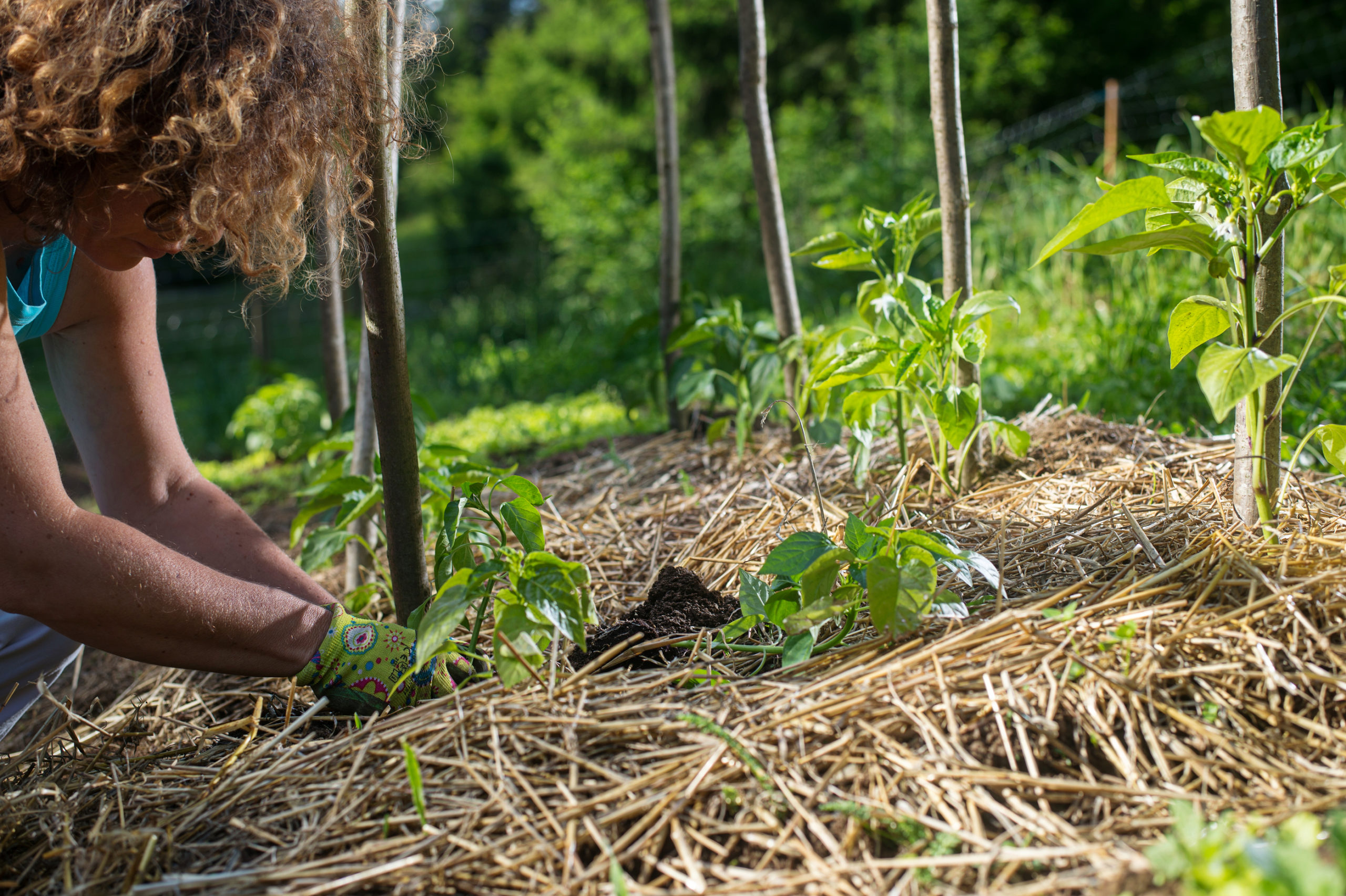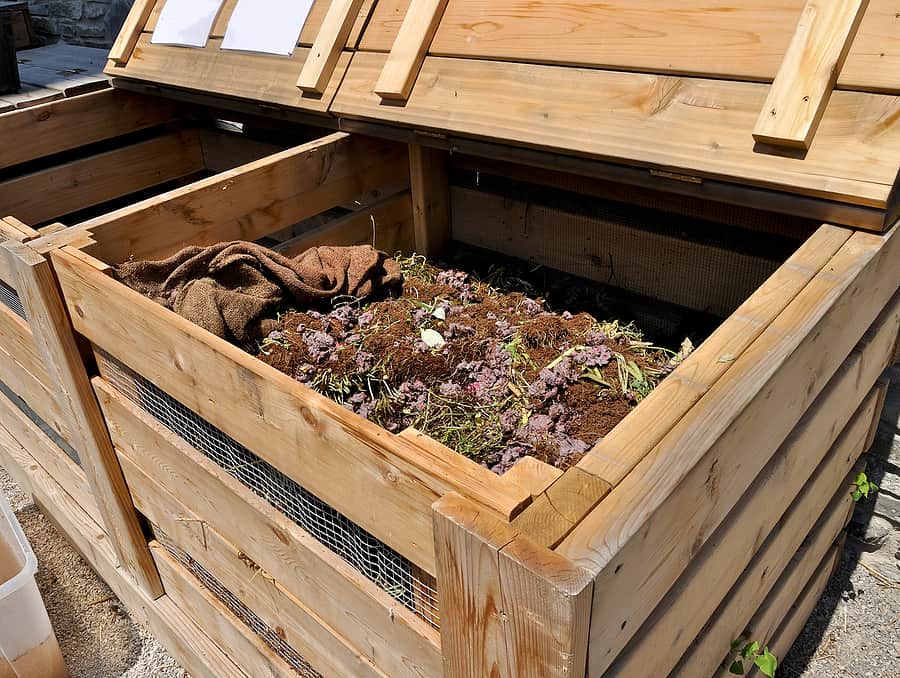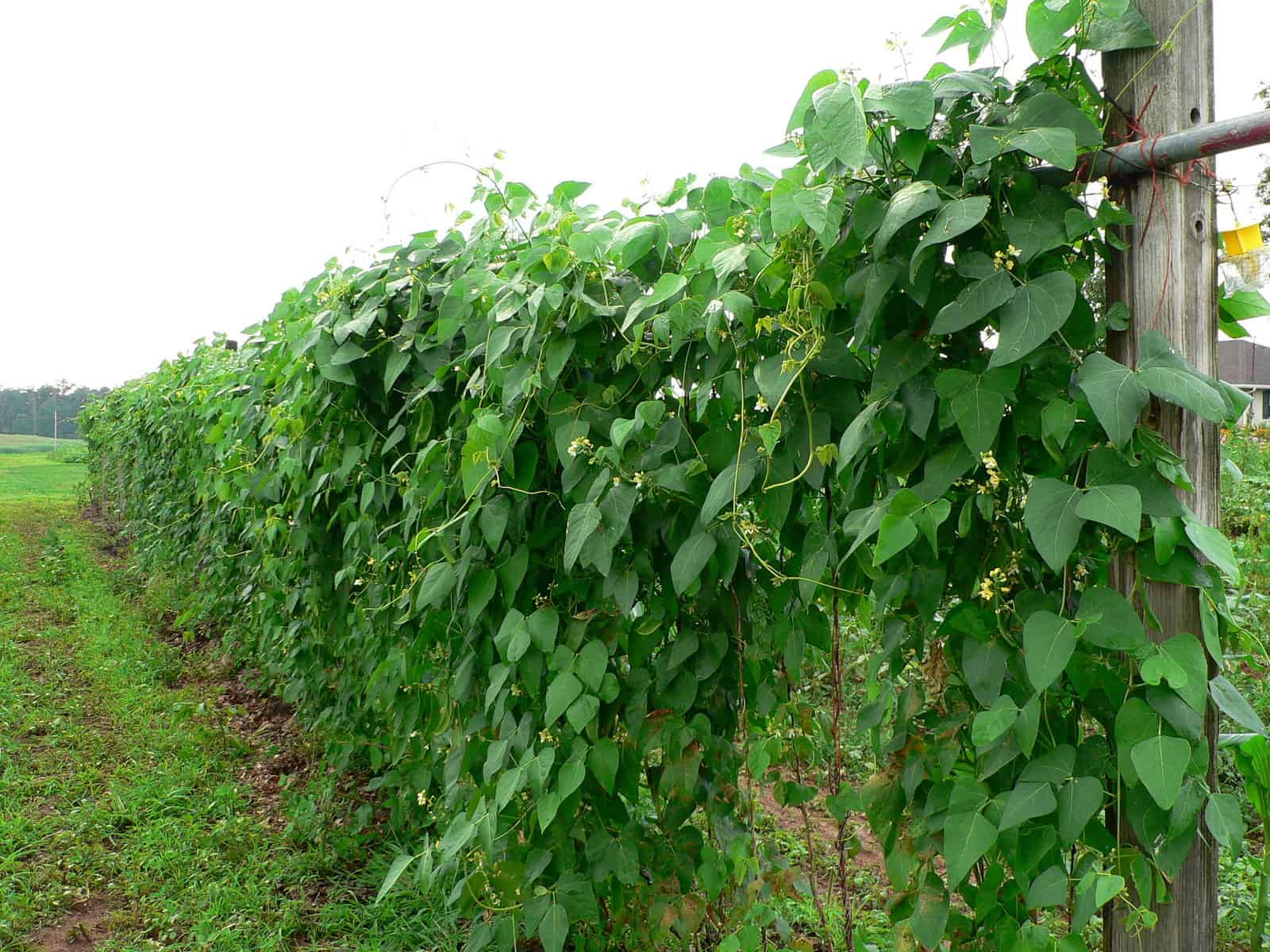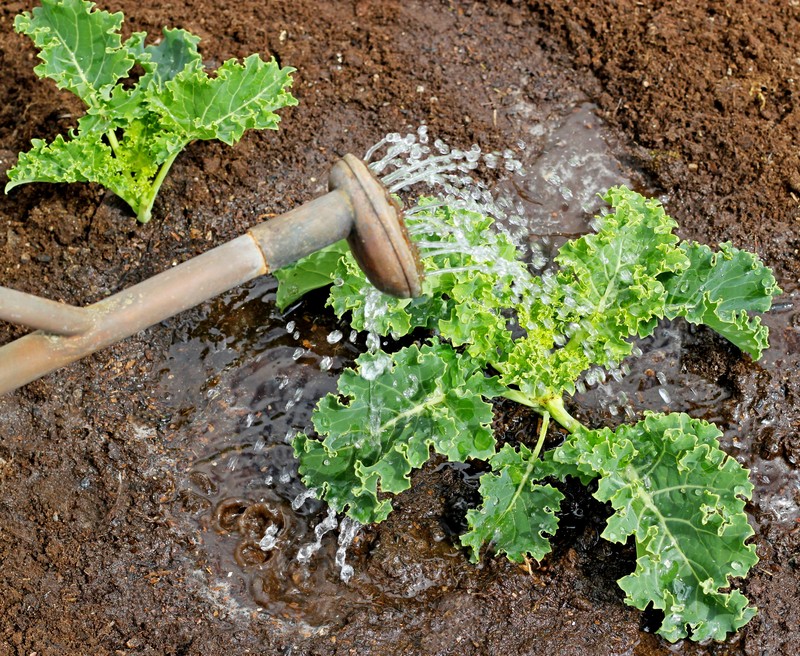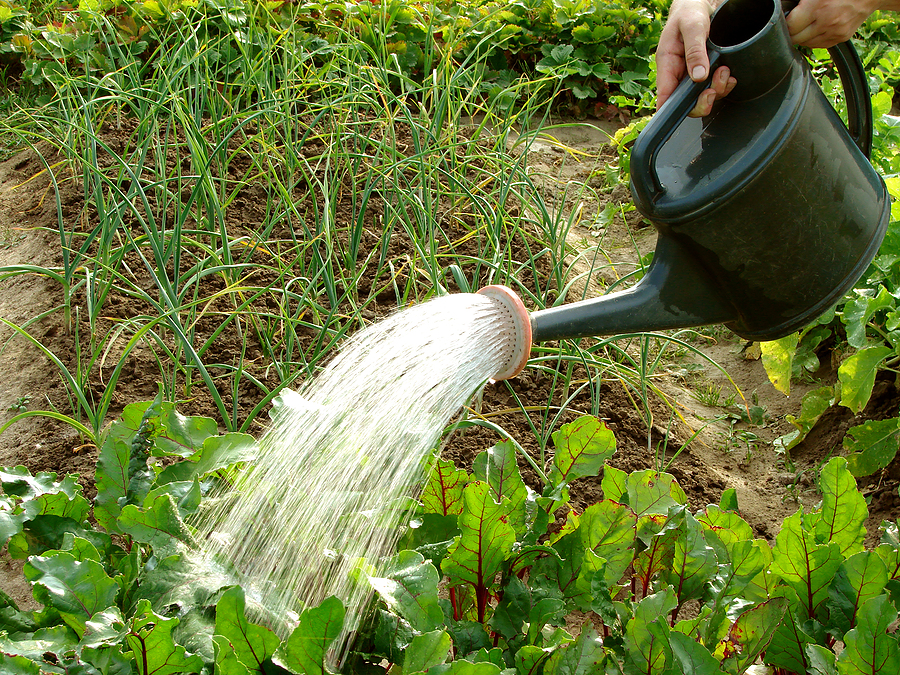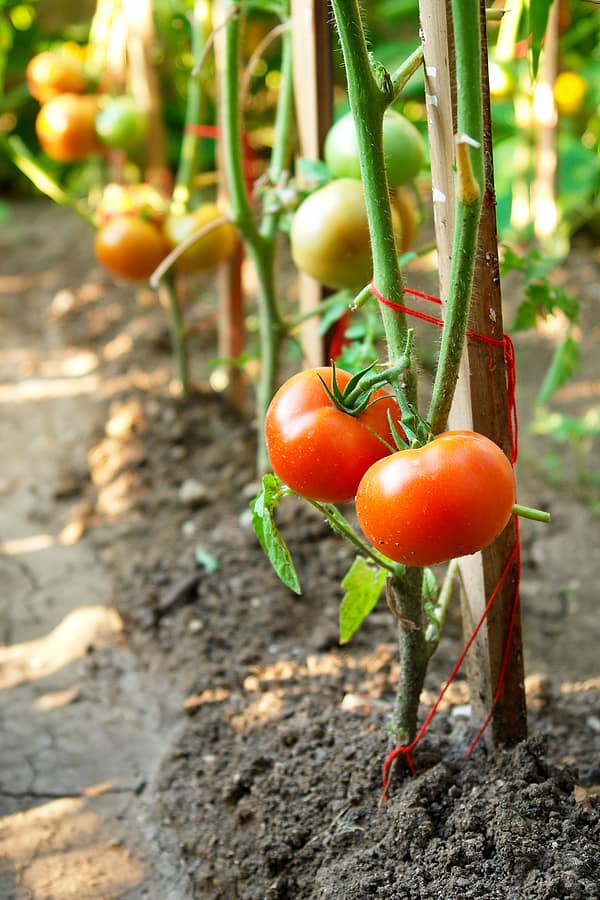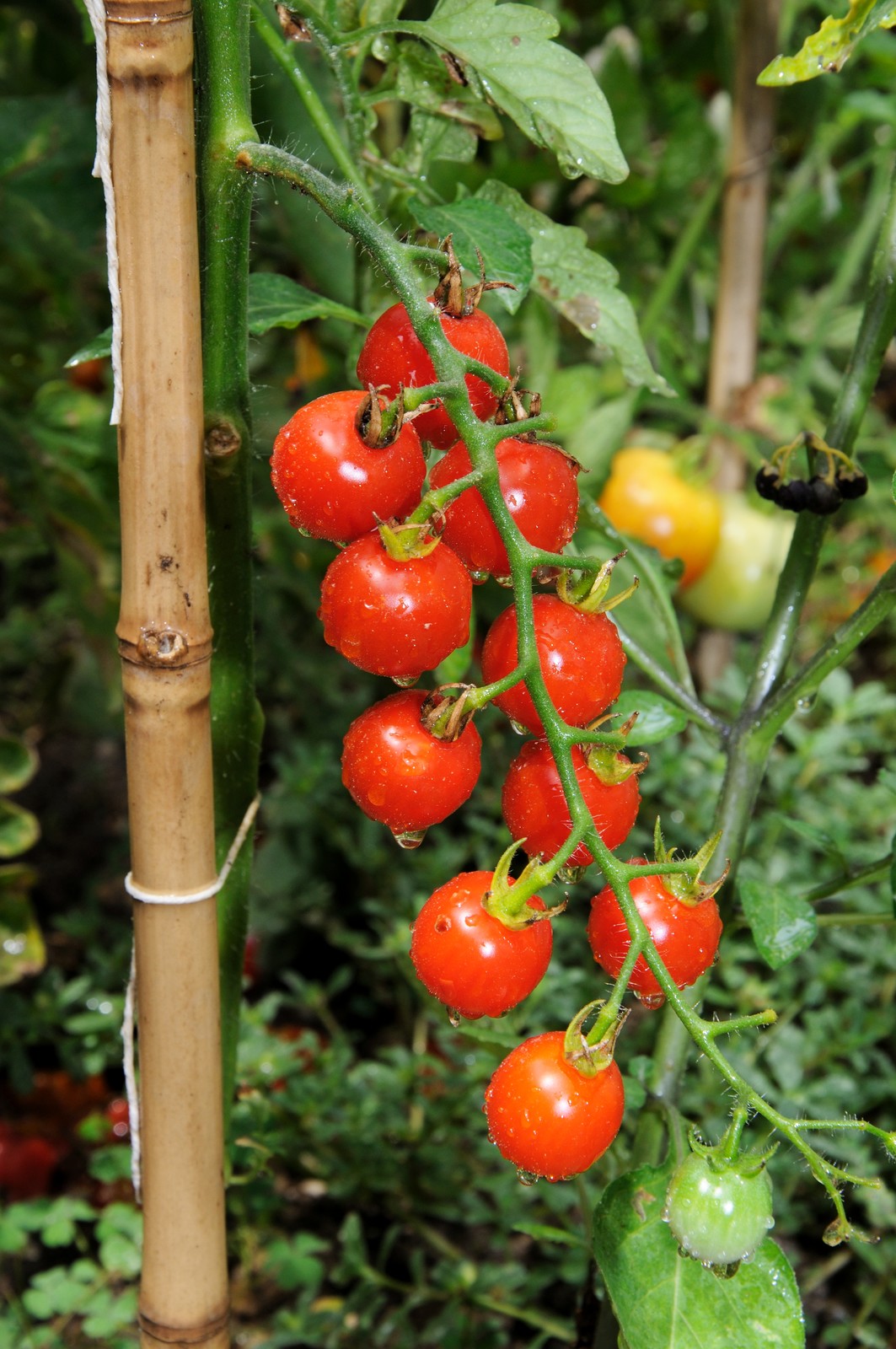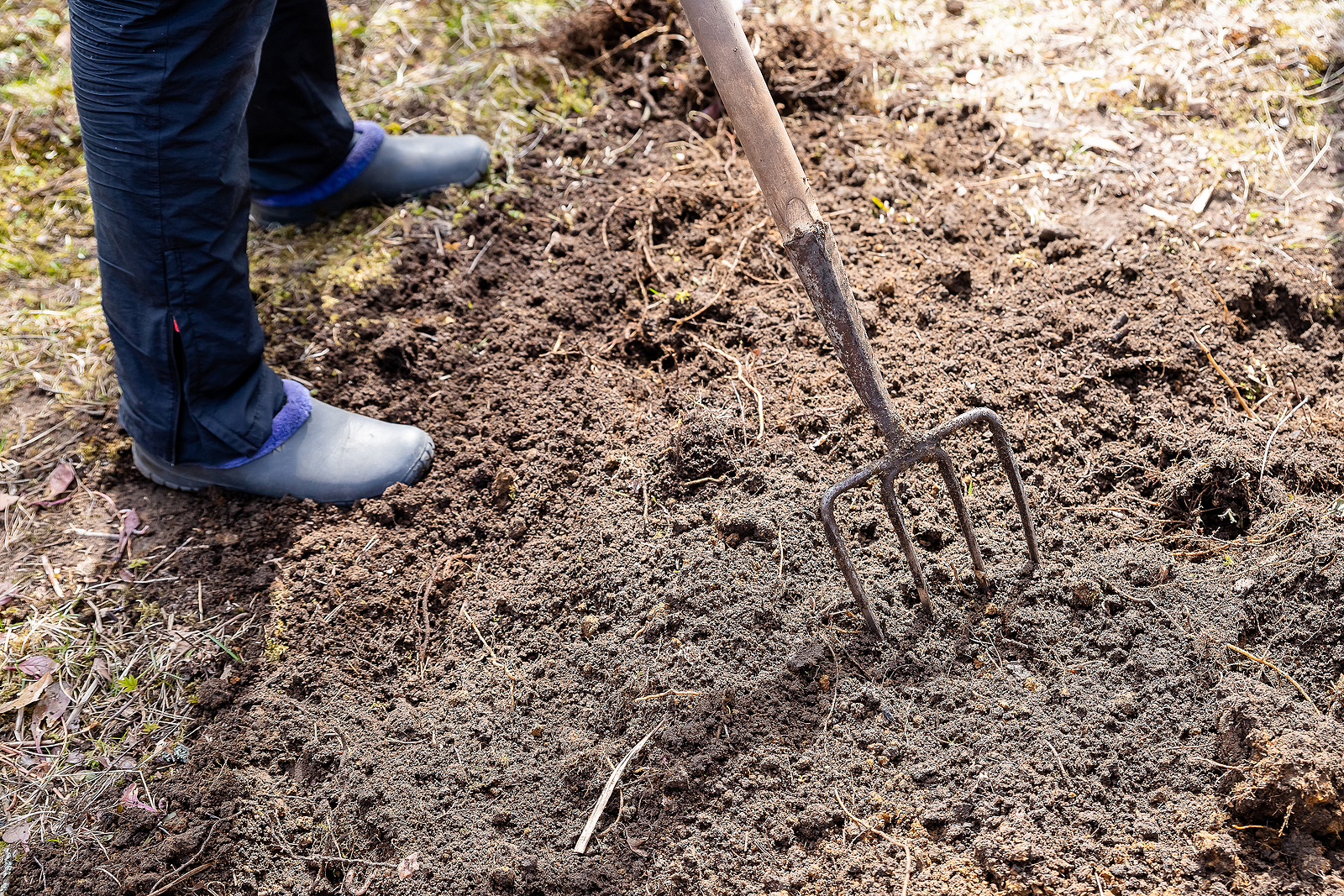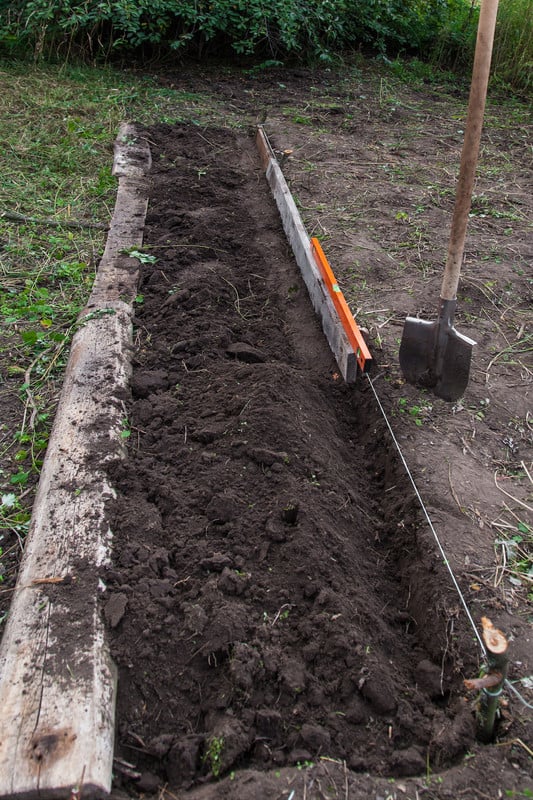Gardening Tips
Latest stories
More stories
-
in Gardening Tips, Soil
How to Make Comfrey Manure Tea
Comfrey manure-tea time arrives with the first flowering of tomatoes and peppers. Comfrey tea is made simply by soaking the leaves of the herb comfrey in water for about 20 days. Comfrey tea is rich in nitrogen and potassium; it is a nutritious side-dressing for fruiting vegetables. Tomatoes, peppers, cucumbers, and berries use nitrogen to […] More
-
in Gardening Tips, Soil
How to Make Compost Tea
Compost tea is excellent all-purpose plant food. Made from aged compost–organic materials that have finished decomposing, compost tea contains all of the major and minor nutrients plants require. It gives young plants a starter boost and older plants a pick-me-up. Not only that, but compost tea will ward off many common garden diseases and even […] More
-
in Gardening Tips, Soil
Organic Fertilizers and Soil Amendments
Organic fertilizers and organic soil amendments come from natural sources–plants, animals, and rocks. Organic fertilizer is a natural soil amendment that adds plant nutrients to the soil, most often nitrogen, phosphorous, or potassium. (NPK analysis is the concentration of major plant nutrients–nitrogen (N), phosphorous (P), and potassium (K)–in fertilizer as a percentage of the whole.) […] More
-
in Gardening Tips, Soil
Watering Vegetables: Critical Watering Times
Water is essential for vegetable growth. Vegetables are mostly water: an ear of corn is 70 percent water, a potato is 80 percent water, and a tomato is 95 percent water. Vegetables will not grow and yield without consistent, even watering. Most vegetable crops require one inch or more of water each week during the […] More
-
in Gardening Tips, Soil
Vegetable Garden Watering
Vegetables need water to grow quickly, tender, and tasty. Keep the soil evenly moist throughout the growing season—that means not too wet and not too dry. If the soil dries out, vegetables can become bitter-tasting and woody. If the soil is too wet, vegetable roots can become starved for oxygen and plants can die. Water […] More
-
Succession Planting — Be An Expert
Succession planting means growing different crops in the same space one right after the other in the same season or planting the same crop in different parts of the garden in succession at different times. Succession planting results in a succession of harvests–a long continuous harvest season. Succession cropping will help you get the most […] More
-
How to Prune Tomatoes
Pruning a tomato means removing unneeded growth tips from the plant. These growing tips are sometimes called shoots or suckers. Growth tips are the new growth–the small leafy-bud growth–located in the “V” or crotch between two stems. Pruning or pinching away new growth allows a tomato plant to concentrate its energy on the development of […] More
-
Fastest Growing Vegetable Varieties
Most vegetables include cultivars or varieties that are quicker maturing than others. Fast-growing vegetable crops come to harvest in as little as 4 to 10 weeks. They are “short stayers” not “long stayers” in the garden. Below is a list of specific crop varieties that grow to maturity the fastest. Fastest-growing vegetable varieties Choose the […] More
-
Vegetable Garden Soil Guide
The soil in your garden was created over thousands of years through the disintegration and decomposition of rock and organic matter. Temperature and rainfall, the life and death of plants, animals and bacteria, and fungi, and the rocks that were there, to begin with: all contributed to the soil you find in your garden today. […] More
-
in Gardening Tips, Soil
Ready Your Garden for Spring
Spring is coming soon! Here are some early spring tips for your garden. Warm Your Garden Before Planting Pre-warm cold soil before sowing or transplanting warm-weather crops into the garden. Black or clear plastic sheeting is a simple and inexpensive way to warm the soil and get a jump on the growing season. Continue reading>>> […] More

